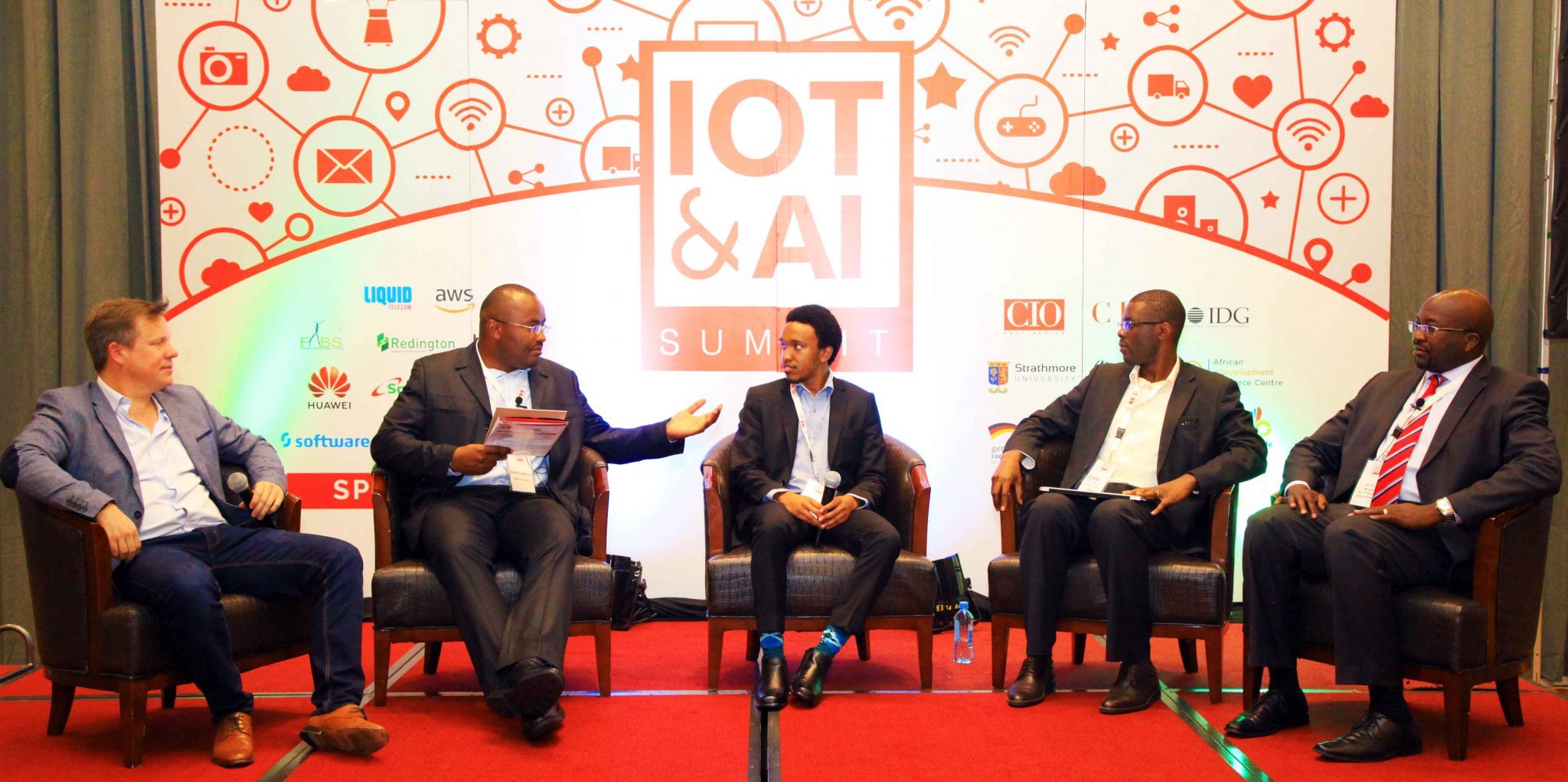advertisement
Data to power tremendous changes in transport systems
IoT strategies empower customers with the intelligence needed to build new services and business models, and make intelligent decisions…

IoT strategies empower customers with the intelligence needed to build new services and business models, and make intelligent decisions faster says Michael Needham, Senior Manager, Solutions Architecture at Amazon Web Services. IoT and AI in the urban context can be seen within applications such as transportation and mobility, public safety, and environment and quality of life. One example Needham presented is Miovision, which through connected devices and intelligent analytics, empowers more than 17,000 municipalities in 50 countries to make cities smarter by improving transportation capacity, safety, cost-effectiveness, and performance.
During a panel discussion that tackled how IoT and AI can change transport management, the acting IT director for Kenya Airways, Peter Mungai said that even though the wide-scale adoption of some of these technologies have not been quite hit, many have been tested and prototyped and large-scale adoption seem imminent.
advertisement
“It is expected that more self-driving cars will be on the road with smart cars connected to high-tech networks sharing the road with them. There are already self-driving features on several vehicles that are available today, thanks to Tesla.” Francis Kamuyu, CIO MultiChoice Kenya.
Kamuyu also said that owing to precision, smart cars promise to free the roads on time, lower stress and make roadways safer for users. He added that the technology will improve transportation for all especially road users by easing traffic congestion in the urban set ups.
The CISO for M-Orient Bank, Michael Michie who attended the panel said that the potential of AI & IoT in transport is proven and should not be a concern anymore. “We should not worry on whether or not IoT and AI will change the transport sector, that is already proven. We should rather ponder on how safety that is efficient can be incorporated into these smart cars,” said Michie.
Another concern he raised was the loss of revenue for the government, considering that the smart cars are electric. “These smart cars will be electric meaning that oil will not be in use, which of course is a source of revenue for the government.” Michie
advertisement
John Walubengo, a lecturer at Multimedia University who was among the panelists added insight into the issue citing the ability to harmonize data for use in the transport sector. “Connected devices yield tremendous amounts of data that can be used to improve safety and efficiencies throughout the transportation system,” said Walubengo.
Times are certainly changing when it comes to the world of transportation. With the Internet of Things and Artificial Intelligence together with machine learning, the transport sector will use data as fuel to enable automation. The transport system will then be poised to become safer, more efficient and smarter.